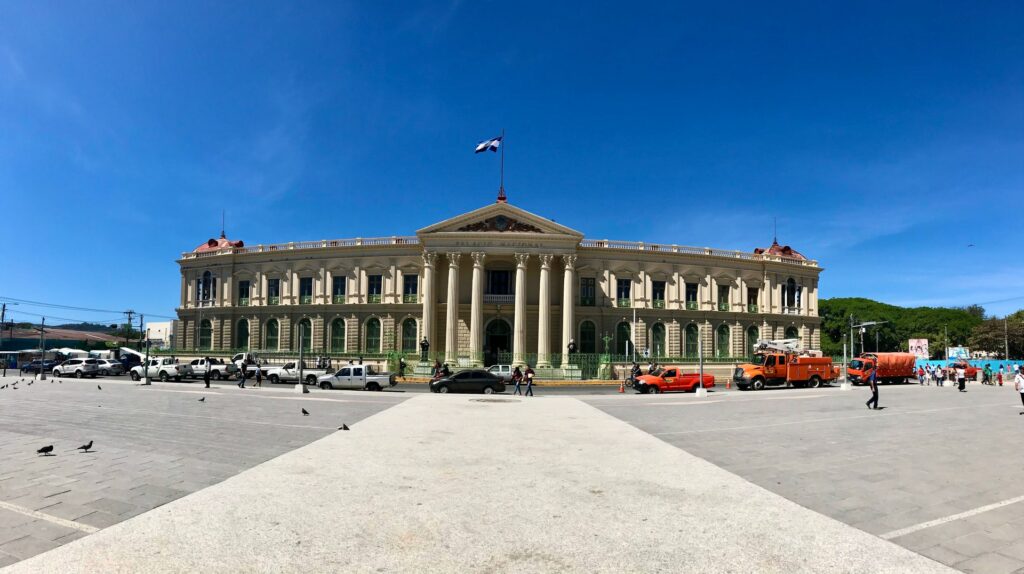
Key takeaways:
- The International Monetary Fund (IMF) is calling El Salvador’s decision to adopt Bitcoin as legal tender an “inadvisable shortcut”
- Ahead of the Bitcoin adoption date, the Central American country is employing measures to make the transition as seamless as possible
- The Bitcoin Law will come into effect on September 7
The so-called Bitcoin Law is just a week away from being put into effect in El Salvador. The Central American country has passed the law to adopt Bitcoin as legal tender by an almost three-quarter margin in the country’s Legislative Assembly back in June. Now, the International Monetary Fund (IMF) warns that making Bitcoin equivalent to national currency comes with “substantial risks.”
IMF says recognizing Bitcoin as national currency is an “inadvisable shortcut”
The global financial agency has been against the change ever since El Salvadoran president Nayib Bukele first proposed the Bitcoin legislation. On Monday, the IMF shared last month’s blog post titled Cryptoassets as National Currency? A Step Too Far, in a Twitter post.
In the blog post, authors Tobias Adrian, Counsellor of the IMF and Head of their Monetary and Capital Markets Department and Rhoda Weeks-Brown, the General Counsel and Director of the Legal Department at the IMF, listed the biggest dangers of adopting cryptoassets as legal tender. The pair agreed that countries looking to turn to Bitcoin to improve their economic standing are taking an “inadvisable shortcut.”
The authors acknowledged that the blockchain-enabled financial technologies do have some distinct advantages over the traditional payment systems, however, the negatives outweigh the benefits. Among the drawbacks listed for using “privately issued tokens” as the authors put it, is the high electricity cost of Bitcoin mining, the possibility of domestic prices spiraling out of control and threat to the country’s financial integrity due to inadequate anti-money laundering (AML) and counter-terrorism financing (CFT) prevention systems.
The IMF is not alone in warning El Salvador of the dangers of adopting Bitcoin as a national currency alongside the US dollar. At the beginning of July, the US government has also advised the El Salvadoran president against adopting Bitcoin as a legal tender, listing terrorist funding concerns among other reasons.
President Nayib Bukele replied with a short message
The president of the Central American country didn’t mince words or tried to write an elaborate response, instead he somewhat sarcastically used a ‘smiling face with tear’ emoji as a reply. To be fair, the single image said more than enough about Nayib’s stance towards IMF’s position on Bitcoin.
El Salvador hopes that adopting Bitcoin as a national currency will help the country boost its economic development and make it less reliant on international funding. According to the World Bank, personal remittances accounted for almost 21% of El Salvador’s GDP as of 2019, which Nayib hopes will drastically decrease once Bitcoin Law comes into effect.
To make the transition to using Bitcoin as seamless as possible for its citizens, the Salvadoran government is giving away $30 worth of BTC to those who create accounts with the state-sponsored wallet. Additionally, El Salvador’s Congress approved a $150 million fund to facilitate conversions from BTC to USD
As El Salvador marches towards September 7th, when the law officially comes into effect, the international community is closely monitoring the situation. If the cryptocurrency legislation proves to be a success, there is a high chance that other developing economies, especially those hit by economic sanctions, will follow suit.



